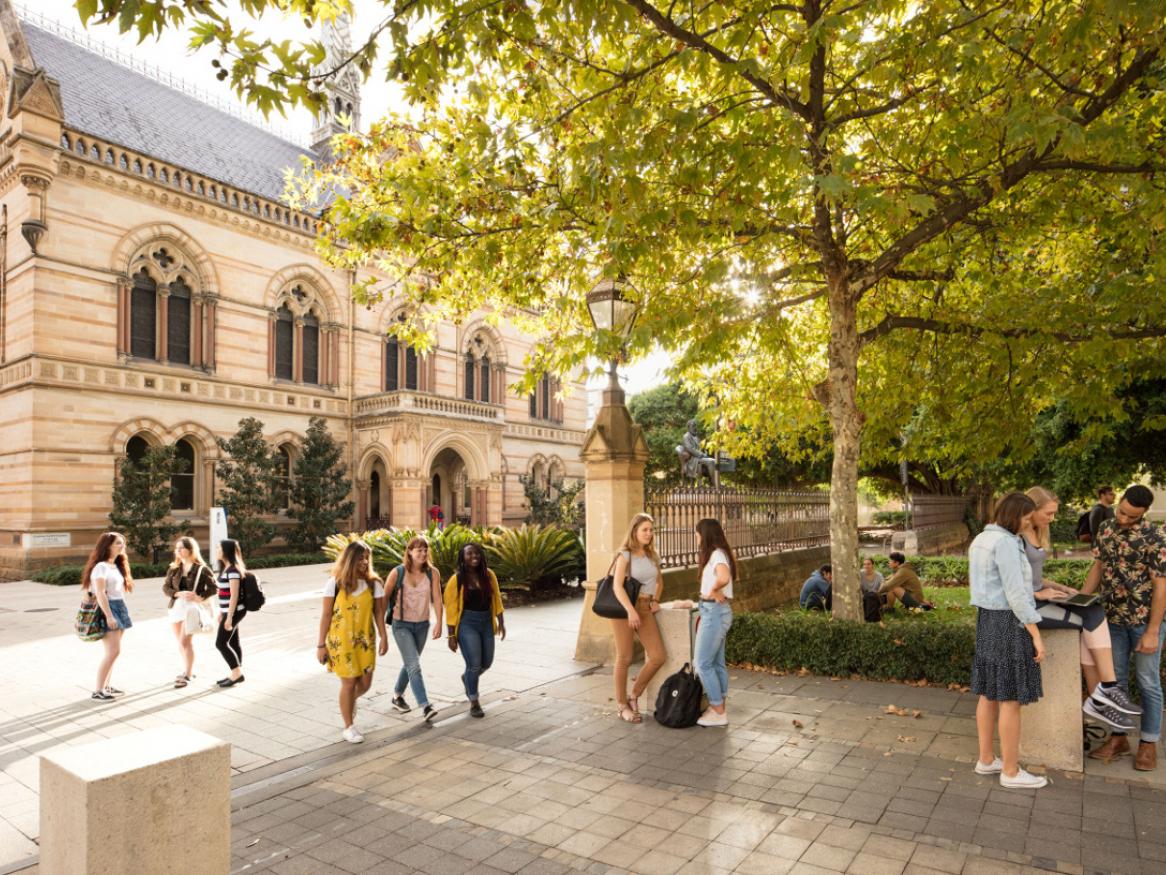Latest news
Search news stories
Enter a keyword to search news.
Moisturisers tested to find best for scar management

Not all moisturisers are equal when it comes to scar management, according to new research by University of Adelaide experts and researchers at the Royal Adelaide Hospital.
[Read more about Moisturisers tested to find best for scar management]
Tribute to William Finn’s music of life, love and loss

Elegies: A Song Cycle delivers a rich tapestry of stories by Tony Award-winning composer William Finn in Adelaide this October.
[Read more about Tribute to William Finn’s music of life, love and loss]
Reaching the next frontier of space-architectural designs

An international contingent of applicants has unveiled their futuristic designs of deep-space human habitats as part of the Australian Space Architecture Challenge (ASAC).
[Read more about Reaching the next frontier of space-architectural designs]
From space science to dinner plates: the future of farming indoors

Extreme weather events, from heavy rainfall to heatwaves and droughts, are increasingly threatening crop yields globally, so new solutions are needed for agriculture.
[Read more about From space science to dinner plates: the future of farming indoors]
New approach to create batteries of the future

A team of University of Adelaide researchers are exploring ways to create a safer and more sustainable battery for electric mobility and power grids.
[Read more about New approach to create batteries of the future]
Fellowships bestowed for research excellence

Professor Shi-Zhang Qiao FTSE FAA, from the School of Chemical Engineering, who is Chair of Nanotechnology and Director, Centre for Materials in Energy and Catalysis, and Professor Peng Shi FTSE, from the School of Electrical and Mechanical Engineering, have been awarded Fellowships from the Australian Academy of Technological Sciences and Engineering (ATSE).
[Read more about Fellowships bestowed for research excellence]
Rhodes Scholar-elect to fight for fairness

Jessica March has been named the University of Adelaide's 116th Rhodes Scholar-elect at a ceremony at Government House in September.
[Read more about Rhodes Scholar-elect to fight for fairness]
Meningococcal B vaccine program holds strong five years on

Meningococcal B cases have dropped by more than 70 per cent in the five years since the South Australian Government introduced a publicly funded vaccination program, new data from the University of Adelaide has found.
[Read more about Meningococcal B vaccine program holds strong five years on]
Fishy forensics improves tracking of fish migrations

As the world’s oceans warm, tropical fish species are moving into cooler waters and exploring new habitats beyond their traditional ranges. Researchers have discovered a new way to track their migration patterns by combining environmental DNA with visual surveys.
[Read more about Fishy forensics improves tracking of fish migrations]
Researcher receives first Australian-German honour

A University of Adelaide biomedical researcher has been named the first Early Career Research Ambassador for the Australia-Germany Research Network (AGRN).
[Read more about Researcher receives first Australian-German honour]
